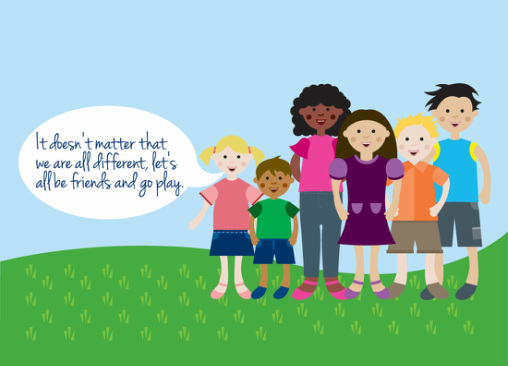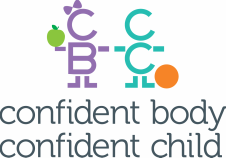social influences: peers
_ _ _ _ _ _ _ _ _ _ _ _ _ _ _ _ _ _ _ _ _ _ _ _ _ _ _ _ _ _ _ _ _ _ _ _ _ _ _ _ _ _ _ _ _ _ _ _ _

Friends become really important to children, particularly when they start childcare, kindergarten, and school. Increasingly, research is showing that from a young age some children start to develop stereotypical views about other people based on their weight and appearance. These attitudes may lead children to exclude some peers from their friendship group based on how they look. ‘Fitting in’ and wanting to look like their peers (e.g., wearing the same clothes or having the same hair cut) is common for children of all ages. Therefore, it’s important to recognise the potential effects your child’s peers might be having on their attitudes and behaviours.
_ _ _ _ _ _ _ _ _ _ _ _ _ _ _ _ _ _ _ _ _ _ _ _ _ _ _ _ _ _ _ _ _ _ _ _ _ _ _ _ _ _ _ _ _ _ _ _
Tips for dealing with peers
_ _ _ _ _ _ _ _ _ _ _ _ _ _ _ _ _ _ _ _ _ _ _ _ _ _ _ _ _ _ _ _ _ _ _ _ _ _ _ _ _ _ _ _ _ _ _ _
• Your child may be more likely to experience body dissatisfaction if they frequently compare their body with others. So, explain
to your child that comparing how they look with others (e.g., clothes, haircut, or wanting what someone else has) can make
them feel bad about themselves. Help your child to recognise that it’s valuable for everybody to look different.
• Observe the weight-related attitudes of your child’s friends, as it’s likely to give an insight into your child’s attitudes.
• Help your child develop assertiveness skills to resist peer pressure to conform to social norms about appearance.
• When you feel it’s developmentally appropriate for your child, discuss ways of dealing with negative conversations about
appearance, dieting, and body comparisons amongst their friends. For example, if your child tells you that their friends have
been having these conversations, encourage your child to either (a) walk away, (b) ignore, or (c) suggest that they might do
something else (e.g., play).
• Your child’s eating is also likely to be influenced by their friends, so try to create opportunities for your child to eat a wide
variety of foods and develop healthy eating patterns with their friends.
to your child that comparing how they look with others (e.g., clothes, haircut, or wanting what someone else has) can make
them feel bad about themselves. Help your child to recognise that it’s valuable for everybody to look different.
• Observe the weight-related attitudes of your child’s friends, as it’s likely to give an insight into your child’s attitudes.
• Help your child develop assertiveness skills to resist peer pressure to conform to social norms about appearance.
• When you feel it’s developmentally appropriate for your child, discuss ways of dealing with negative conversations about
appearance, dieting, and body comparisons amongst their friends. For example, if your child tells you that their friends have
been having these conversations, encourage your child to either (a) walk away, (b) ignore, or (c) suggest that they might do
something else (e.g., play).
• Your child’s eating is also likely to be influenced by their friends, so try to create opportunities for your child to eat a wide
variety of foods and develop healthy eating patterns with their friends.

